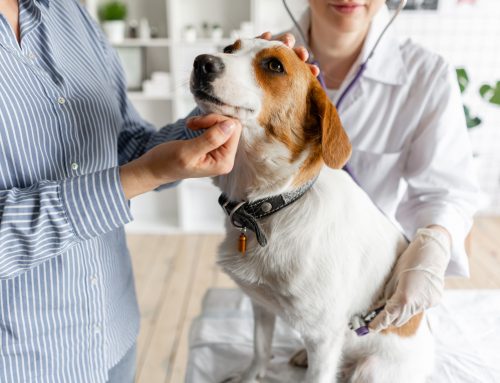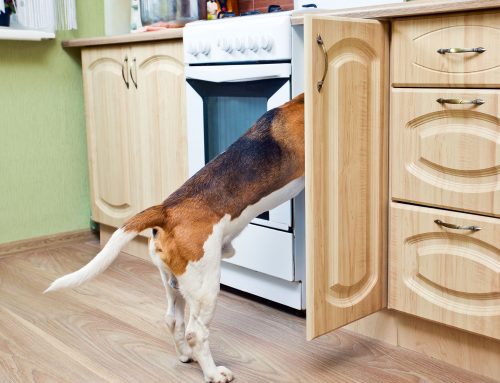Depression is a common condition among the human population. However, have you ever stopped to wonder whether or not dogs can experience depression as well? The answer is yes, dogs can get depressed. Generally speaking, the level of depression that dogs can fall into is not as serious as that of people. In addition, it is unlikely that a dog will stay depressed for a long time.
Symptoms of depression in dogs is similar to those experienced by human beings. These symptoms include a withdrawn demeanor, reduced activity, a change in sleeping and eating habits, and a lack of interest in any activities that they may have enjoyed before. Signs of depression can often look similar to signs of a physical illness. It is good practice to check in with your veterinarian any time that you notice a change of behavior in your dog.
What Makes a Dog Depressed?
One of the most common causes of depression in a dog is a change in the environment. If you have recently moved, the period of adjustment may bring about depression in your dog. A change in environment does not just come from switching places. An environmental change can include changes in the design of the house or a change in the weather. Usually, this is temporary and should abate once your dog becomes used to his or her new surroundings.
Dogs can also feel depression if they lose a companion, whether human or animal. Dogs can be sensitive to loss. In addition, dogs are finely tuned to the emotions of the people in its surroundings. If a family is grieving, then the dog will definitely pick up on these emotions and grieve as well. Aside from loss, fear is also a possible cause of depression. When your dog is scared, it will withdraw from its usual activities in order to ensure its protection, which may increase the risk of depression.
Remedies for Dog Depression
Most dogs will come out of their depressive state on their own. Within this period of recovery, you can do a few things together such as exercising and playing more. Increasing the dog’s level of activity can be an effective way of improving their mood. In the process of recovery, you can reward happiness. If the dog has lost another pet companion, getting another one could possibly help ward off loneliness.
If the above suggestions do not prove helpful, you can enlist the services of a vet who can suggest new strategies or prescribe medication. The medication dogs use is the same as that for people and includes Prozac, Zoloft, Paxil, and, in some cases, Clomicalm. The drugs can take a while (sometimes up to two months) for their effectiveness to show.







Leave A Comment